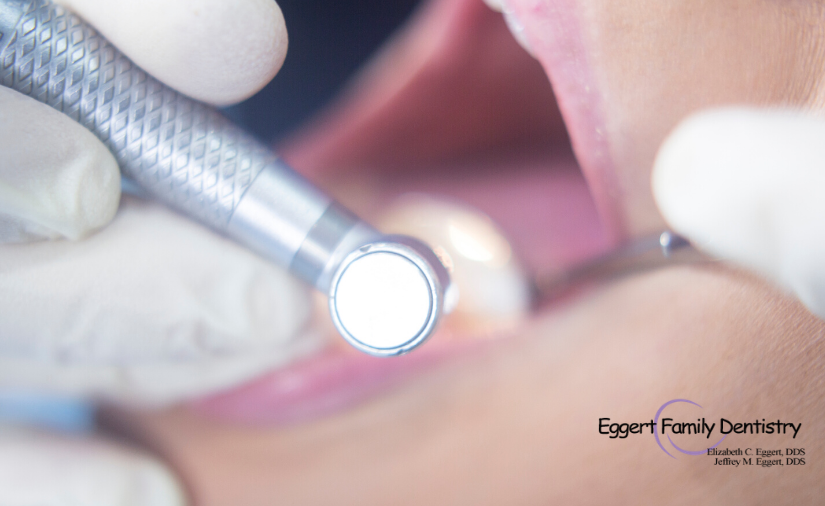By: Dr. Elizabeth Eggert
HPV, or Human Papilloma Virus, is the most common sexually transmitted disease in our country. There are more than 100 strains of HPV in existence and approximately 14 million new cases of HPV each year. While a person’s immune system can potentially fight it off, in many cases the symptoms persist. Most people have at least a basic knowledge of HPV but few people are aware that there’s a connection between HPV and oral cancer.
How does HPV cause oral cancer?
HPV is spread through various sexual practices including oral sex, but because HPV can be transmitted in saliva, even kissing can spread the virus. It can take many years for symptoms to show up, but HPV often leads to oral or oropharyngeal cancer. Oropharyngeal cancer is cancer that affects the mouth and throat. While there can be other causes of oropharyngeal cancer, HPV is thought to cause 70% of all cases in the U.S. Oropharyngeal cancer typically develops in the back of the throat and in the folds of the tonsils.
Signs and symptoms of oral cancer
There are a variety of things to watch for when it comes to detecting oral cancer. Some common signs and symptoms include:
- Persistent sore throat
- Persistent earache
- Hoarseness
- Unexplained weight loss
- Swollen lymph nodes
- Lumps or thickening tissues
- Difficulty or discomfort moving the tongue, chewing and swallowing
Prevention
The best way to prevent oral cancer is by reducing your likelihood of contracting HPV strains that can lead to oral cancer. Preventative measures include abstinence, limiting your number of sexual partners, instituting the use of condoms during sexual intercourse and getting the HPV vaccine. It is recommended that children, both boys and girls, get the HPV vaccine (commonly known as Gardasil 9) around the age of 11 or 12, but anyone not previously vaccinated should consider the vaccine even up until age 26. It is also recognized that smoking can increase the chances of developing HPV because it reduces your immune system’s ability to fight infection and it damages cells in the mouth.
Early detection
Regular dental exams are crucial. If you have HPV, it’s important that you share this information with Dr. Elizabeth and Dr. Jeff so they can keep a close watch for early-stage evidence of oral cancer.

